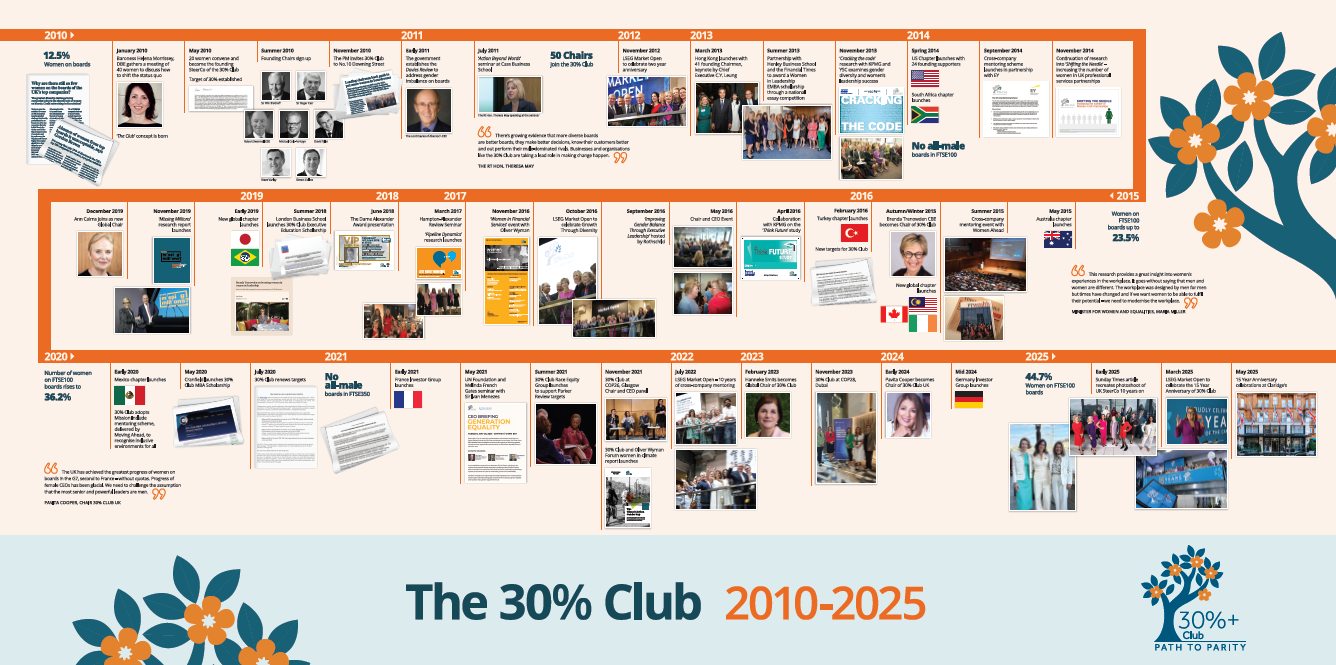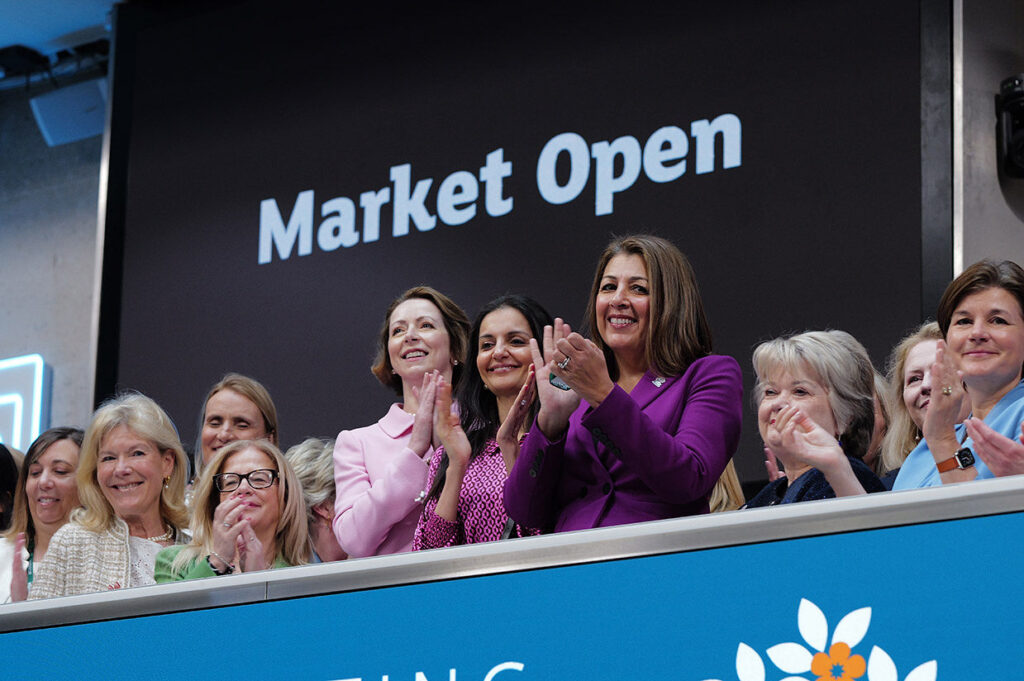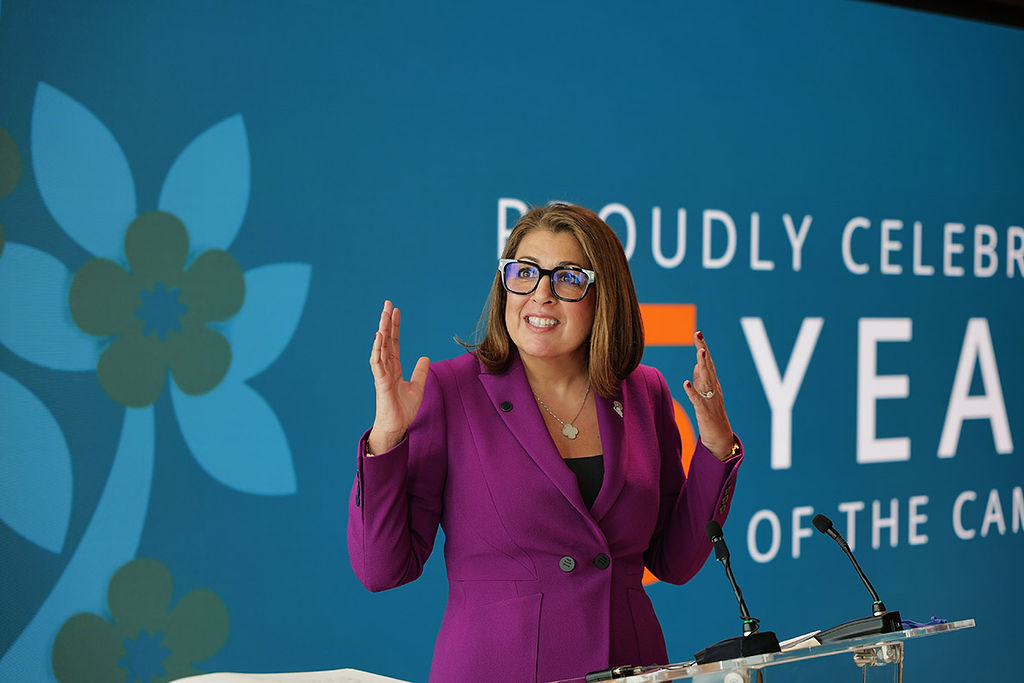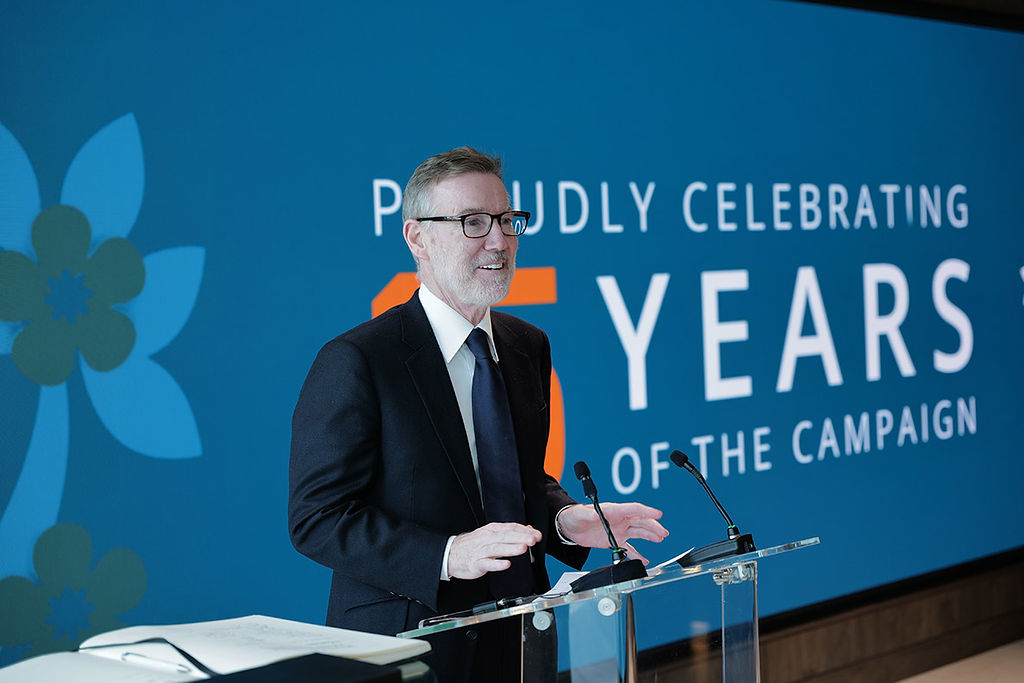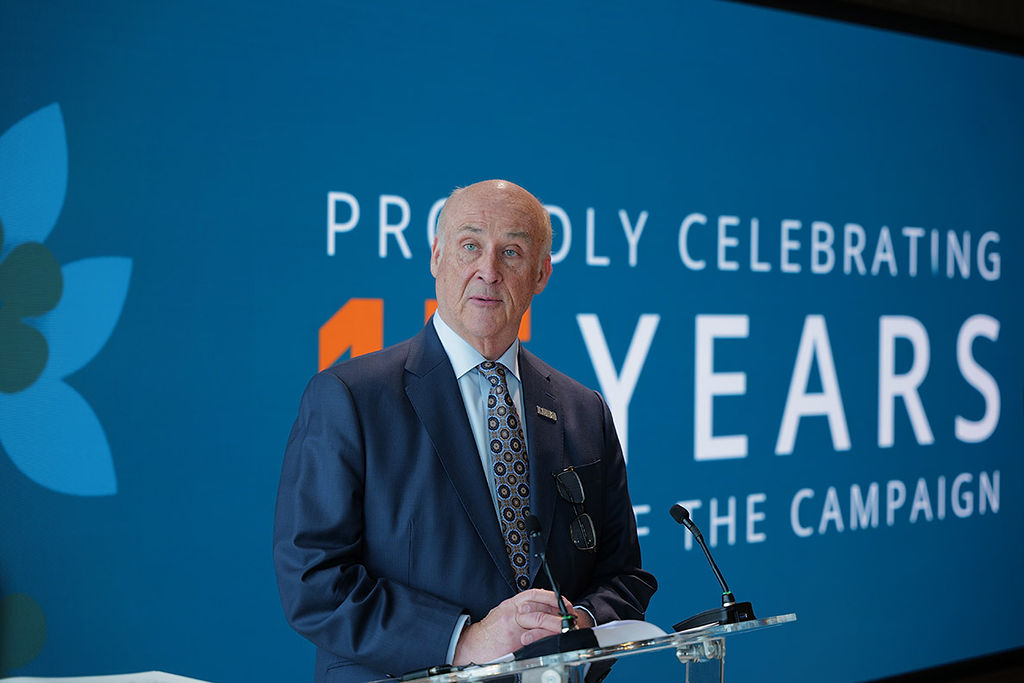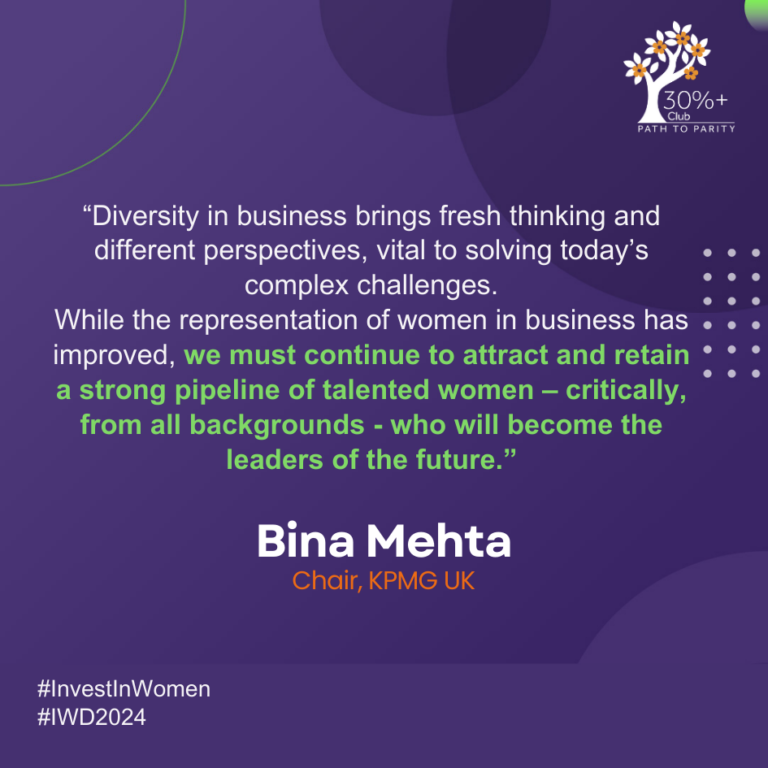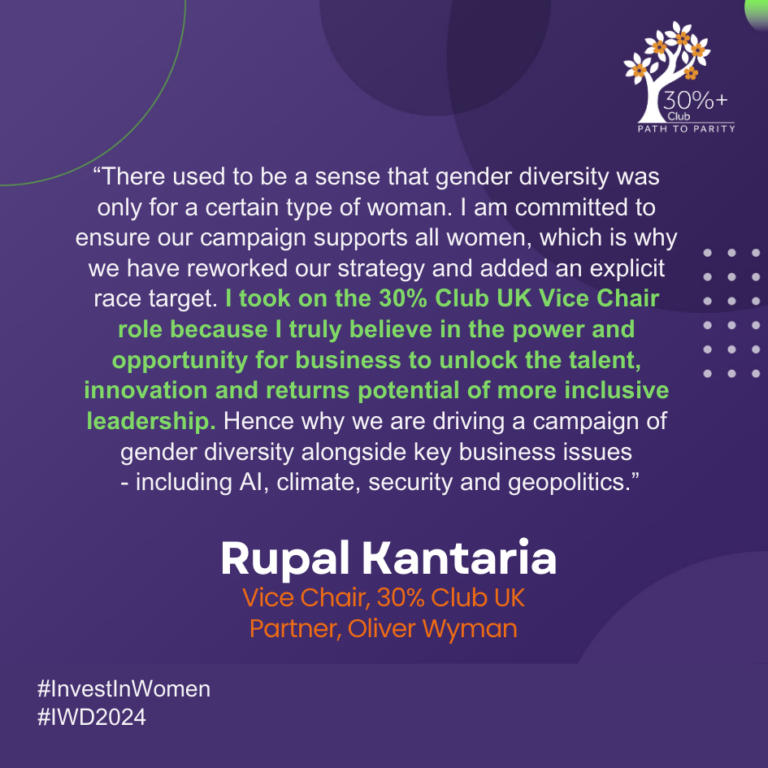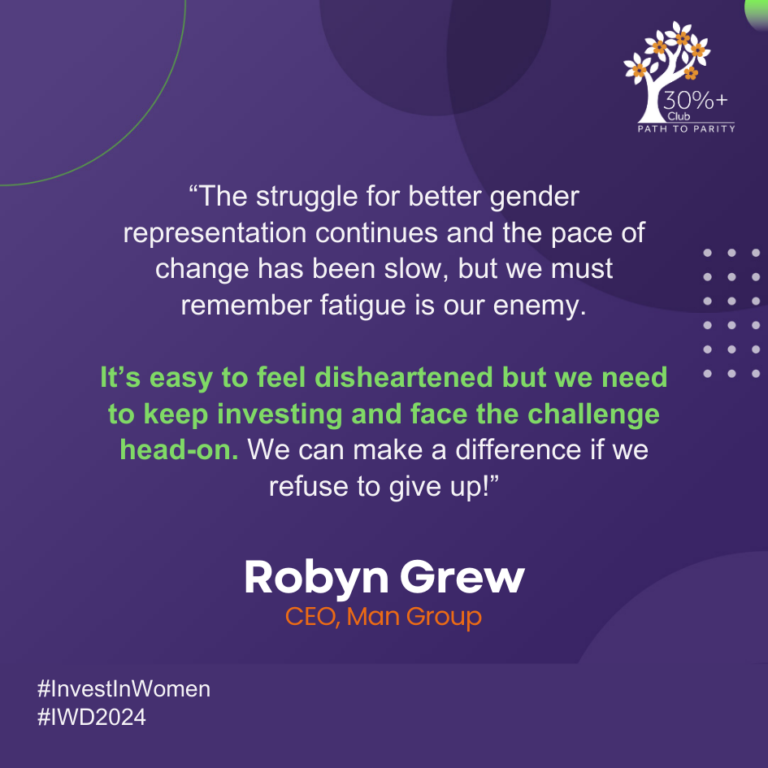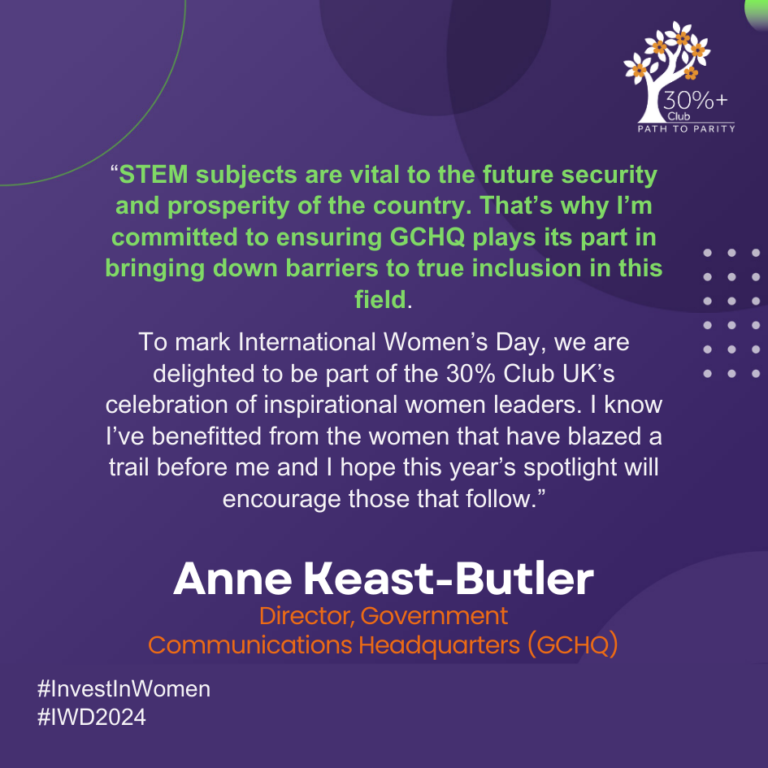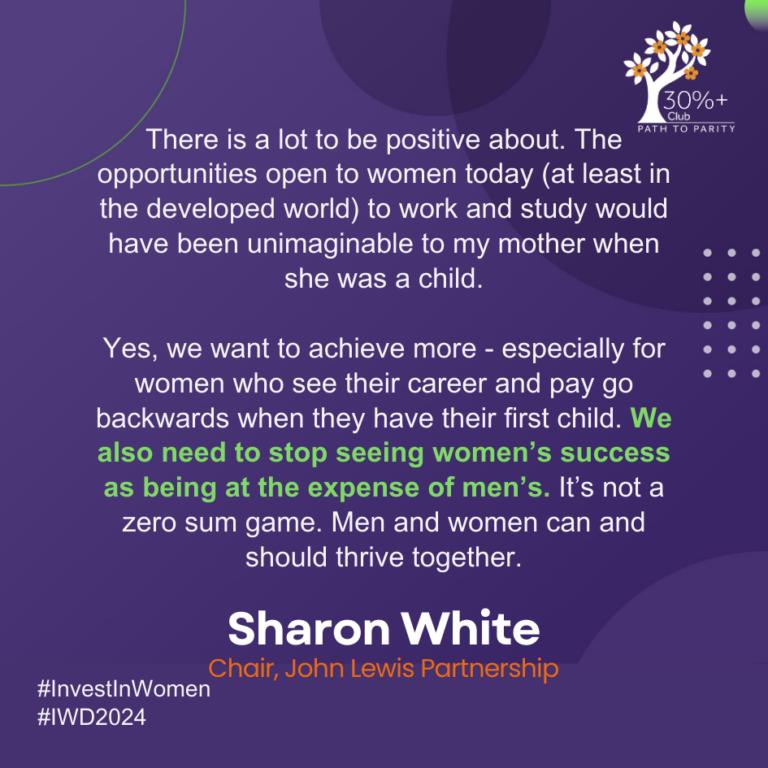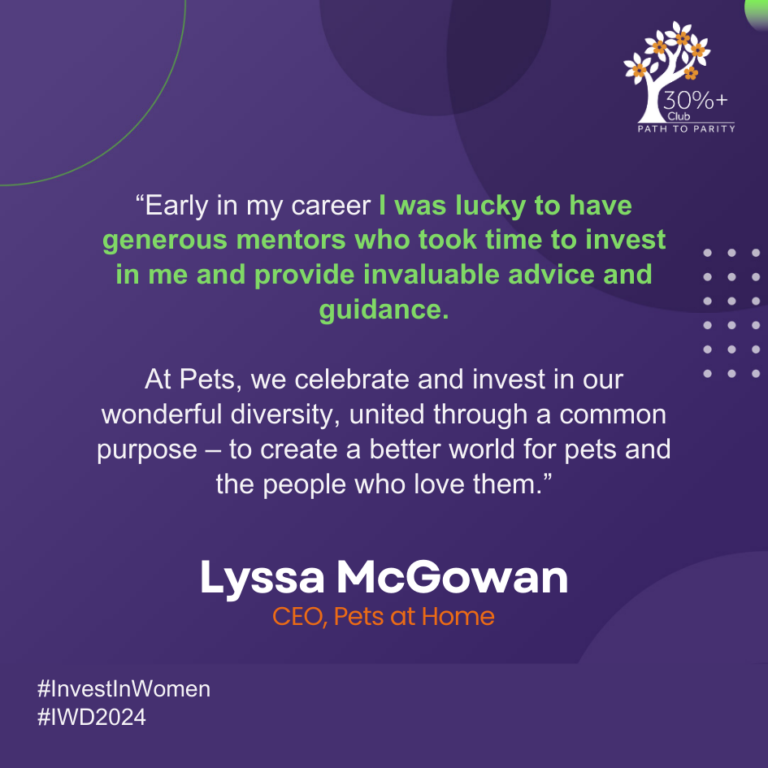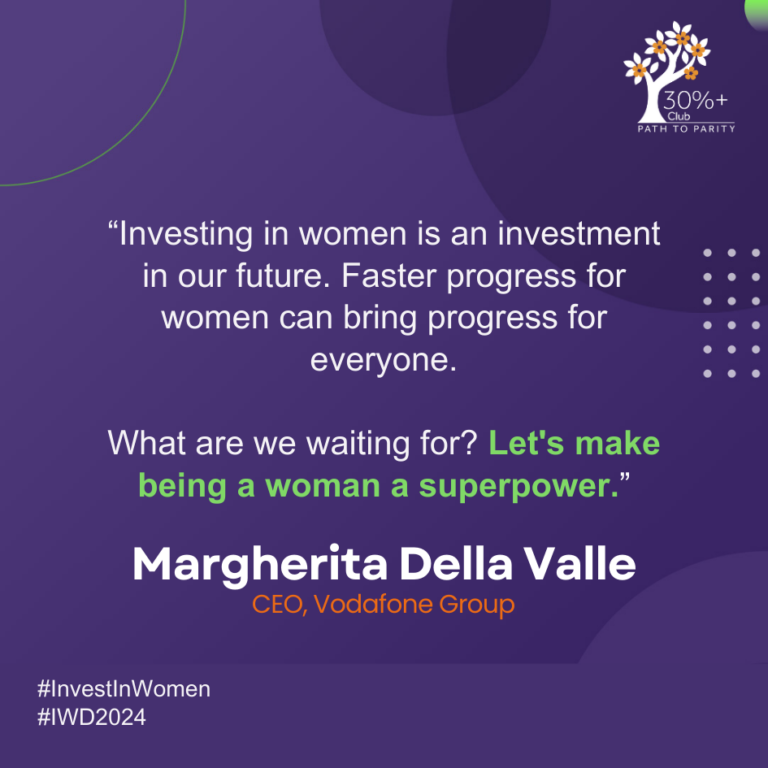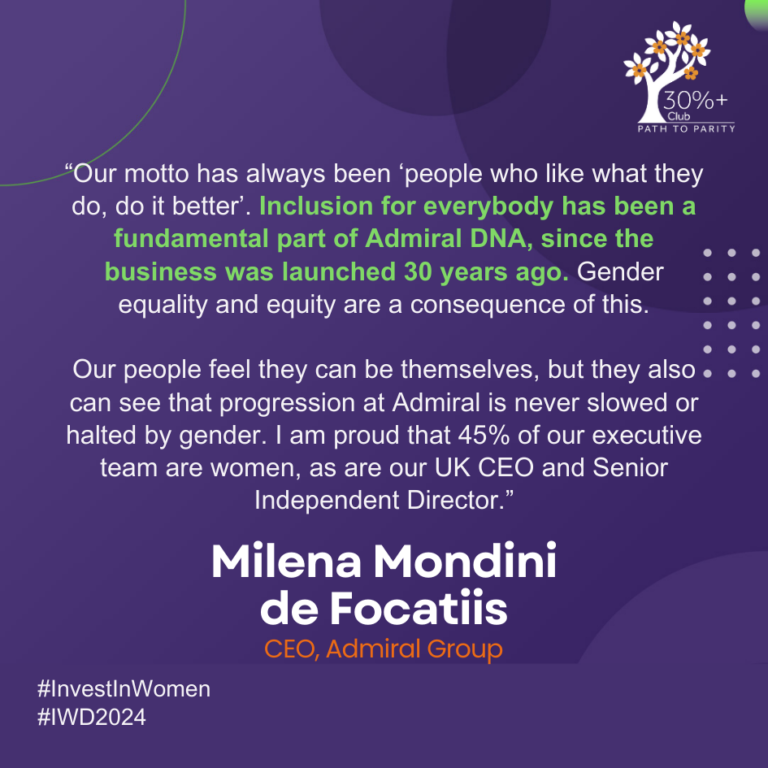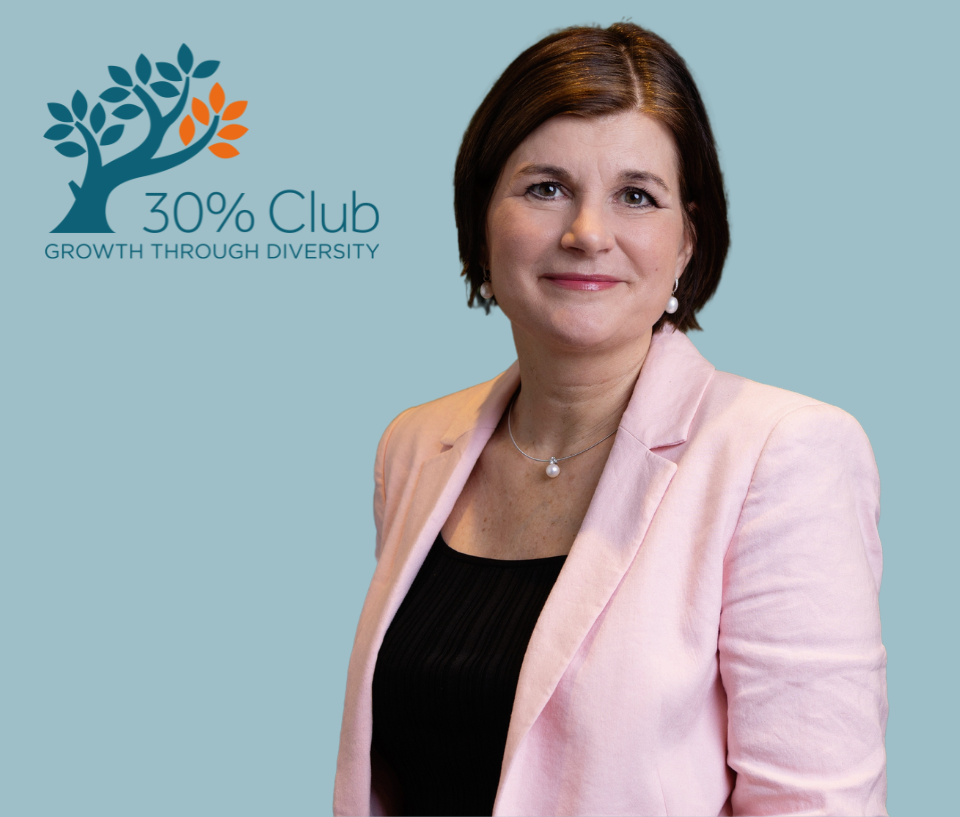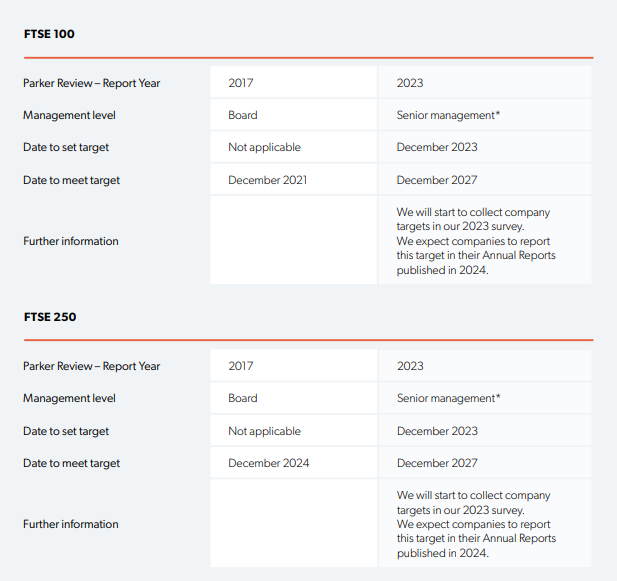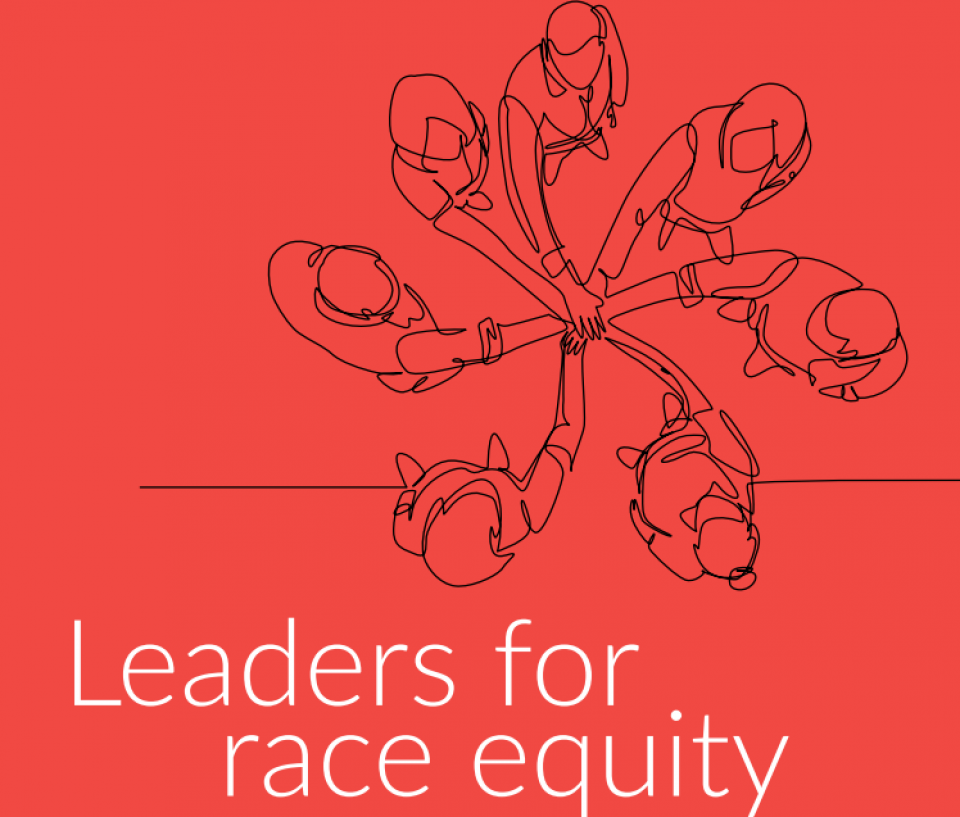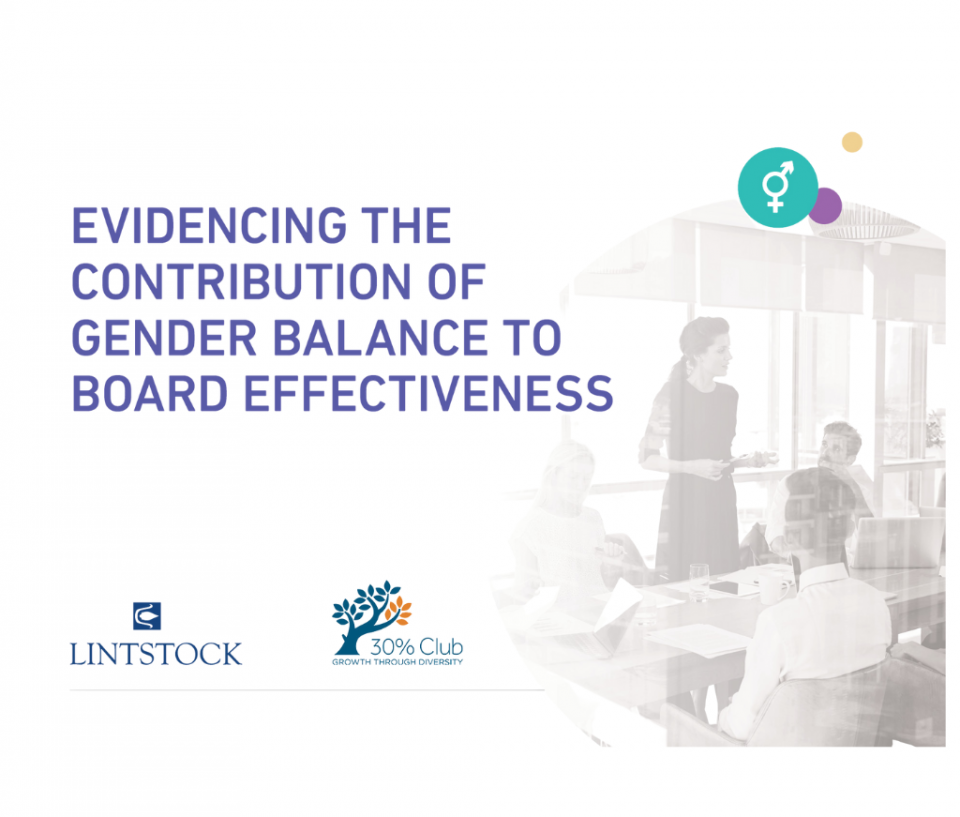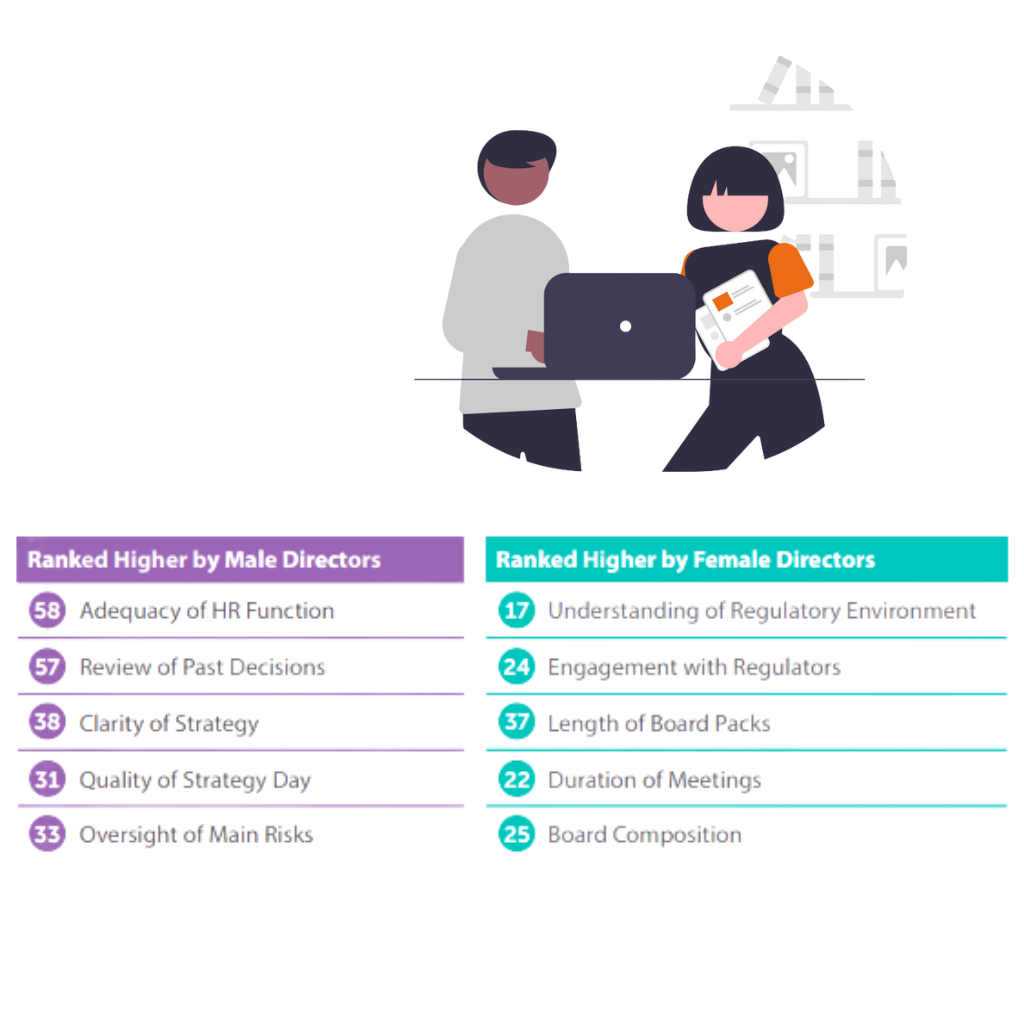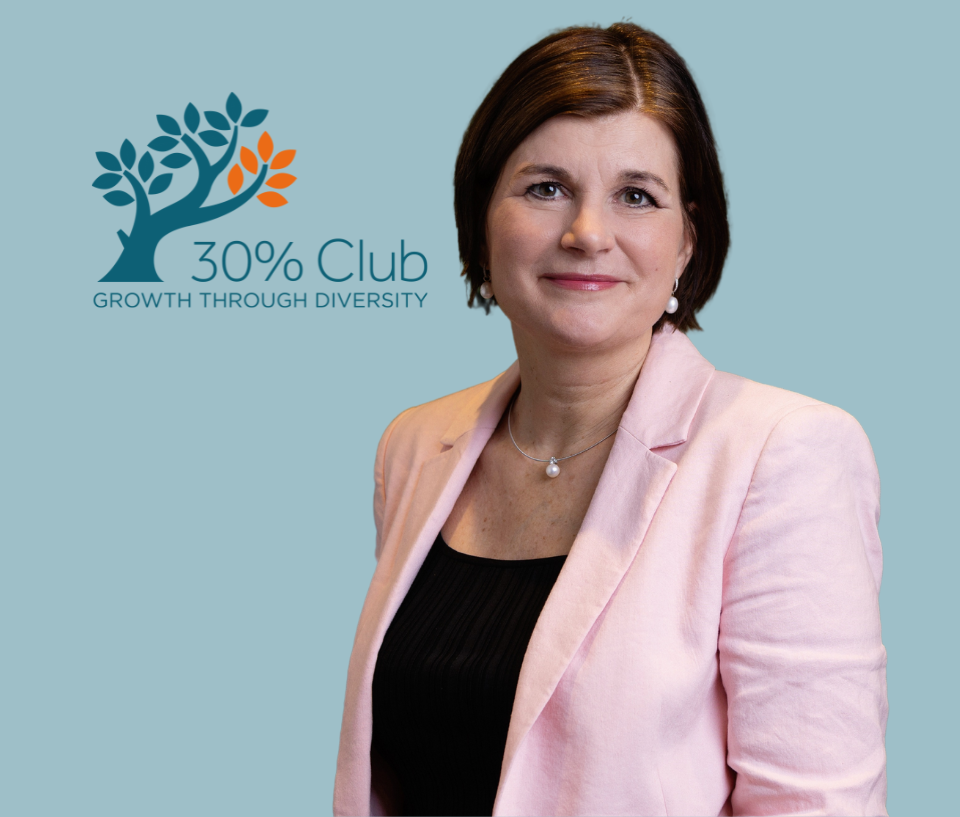Looking Back with Pride. Looking Ahead with Purpose.
To mark the 15th anniversary of the 30% Club UK, we created a special video tribute – not only to commemorate how far we’ve come, but to honour the people who made it possible.
Premiered at our celebration evening at Claridge’s, this film is a heartfelt look back at the beginnings of the 30% Club. You’ll hear from founding Chairs, Steering Committee members, and passionate supporters who reflect on what it took to turn the 30% Club into a global movement.
Fifteen years ago, saying “we need more women on boards” was provocative. Today, it’s widely accepted. But that transformation didn’t happen overnight. It happened because individuals were willing to speak up, challenge norms, and put inclusion at the top of the business agenda.
This video is our tribute to the many who took that first step:
The founders who put their names – and reputations – on the line.
The Chairs and CEOs who signed up and opened boardroom doors.
The advocates and volunteers who built momentum on the ground.
And the next generation of leaders, already making their mark.
As we look to the future, our focus is shifting towards the executive pipeline – supporting women not only to join the boardroom but to lead it. Representation at ExCo -1 and -2 is the next frontier, and we’re committed to unlocking those leadership pathways.
Thank you to everyone who has supported us across the past 15 years – and to those joining us for the next 15.

